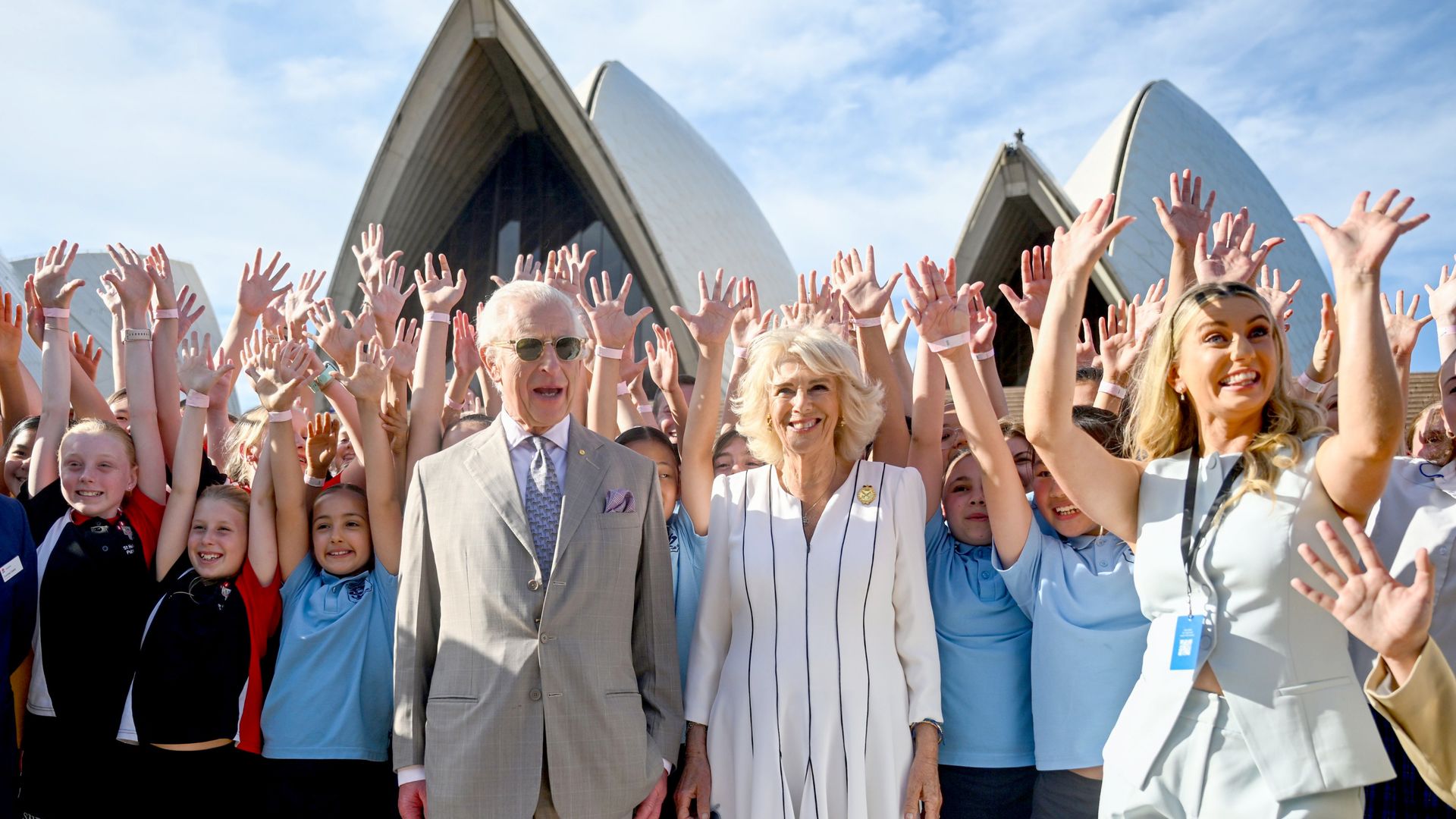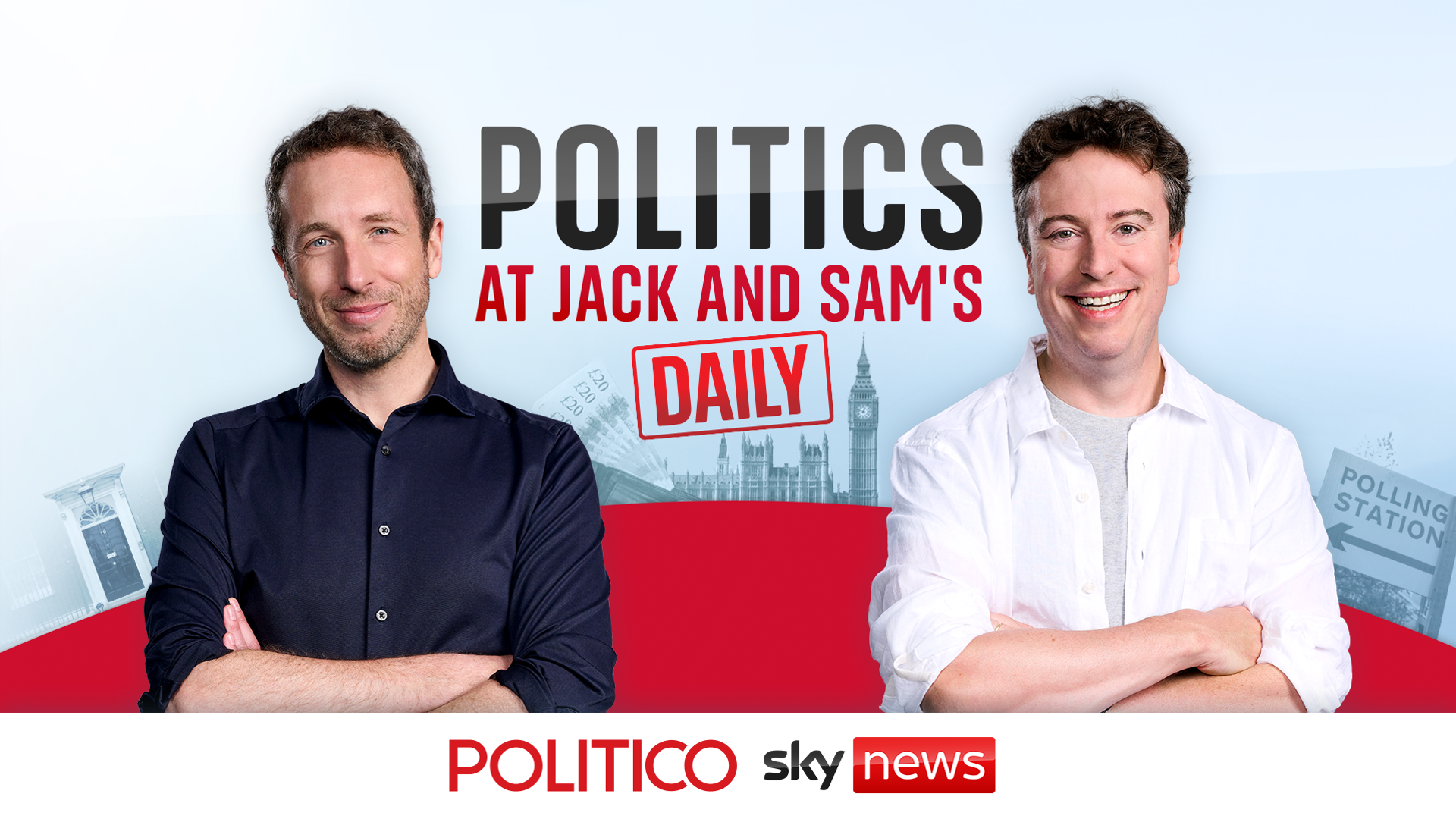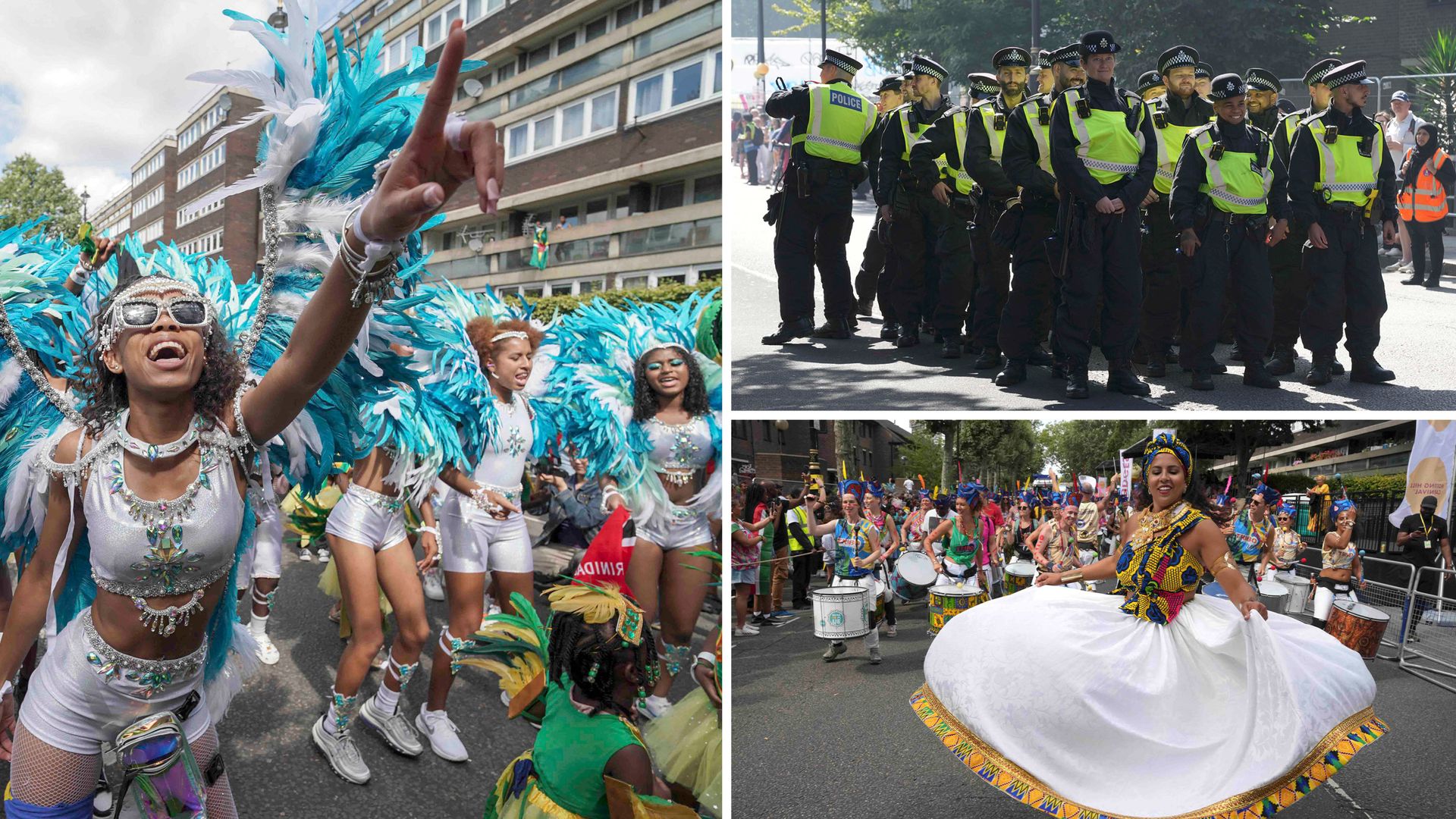This was a royal tour that marked a number of firsts.
It was the first real test of the monarchy in an overseas realm, the King’s first time at a Commonwealth leaders’ meeting as head of the Commonwealth.
And for the King personally, this was his first big trip since his cancer diagnosis.
It was also a trip notably shorter than previous tours.
With no early starts and only one late night, the King and Queen had a lighter schedule and fewer days away.
They had a lot to get through in those days, and with so few days Down Under, they wanted everything to run smoothly.
Palace aides had planned for protests but probably hadn’t imagined it would happen at the heart of Australia’s parliament.
Scurvy is re-emerging due to modern diets and cost of living pressures, doctors in Australia reveal
No one knew how the King’s trip to Australia would go down – and it wasn’t without its challenges
Hunter Valley: Woman trapped between boulders after trying to retrieve mobile phone from gap
Just moments after the King’s big speech, a senator known for outspoken outbursts, began shouting at the King. She was a lone voice but chose her moment for maximum amplification.
Lidia Thorpe campaigns for indigenous rights. We spoke to elders afterwards; many support her fight but didn’t agree with her approach.
It took the heat away from the fact all the state premiers had turned down an invite to watch the King’s speech.
But it certainly made headlines, which gave the palace a headache. In Australia, they accused the British press of stirring up the republican story.
Statistically, Australia wants to keep the King. There is no consensus on how a republic would work, and even less appetite to change the status quo with an expensive, divisive vote. Even the Australian Republic Movement says it is working towards “long-term” change.
Read more:
No one knew how the King’s trip to Australia would go down – and it wasn’t without its challenges
Alpaca sneezes on King Charles
Where is King Charles head of state outside the UK?
Please use Chrome browser for a more accessible video player
The second half of the trip, a state visit to Samoa, was another quick stop. But a significant moment as the King addressed the Commonwealth.
There is a growing divide among this “family of nations”, with increasing calls for slavery reparations.
To this came a carefully written speech from the King which acknowledged the past. His words were never going to be enough for Caribbean campaigners whose 10-point reparations plan includes an apology.
Saying sorry would need a sign-off from Number 10, and there’s no inclination in Starmer’s government.
What happened in Canberra and at the Commonwealth gathering is a reminder that the scars of historic wrongs are still keenly felt. Colonial rule sits at the heart of the anger, with the King a constant connection to that difficult past.
Before leaving, senior palace aides said they were delighted with the visit. The whole tour had been reworked to factor in the King’s health. His cancer treatment was paused to allow for the time away. That will resume as soon as he’s back in the UK.
There were times when the King looked tired. That could just be the long journey and jetlag. But on a couple of occasions, he mentioned his mortality. Like many cancer patients, for the King it is a subject never far from the mind.





